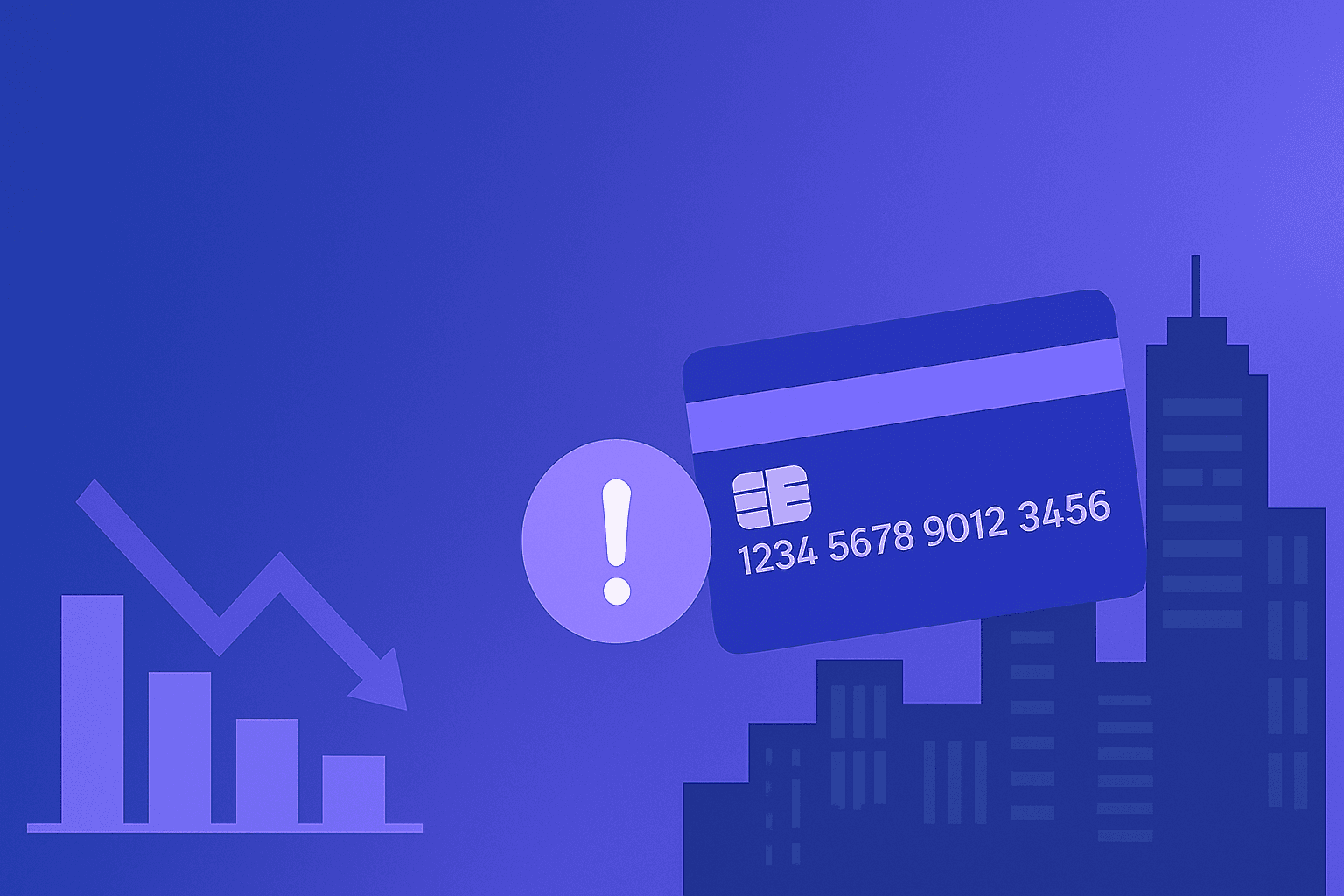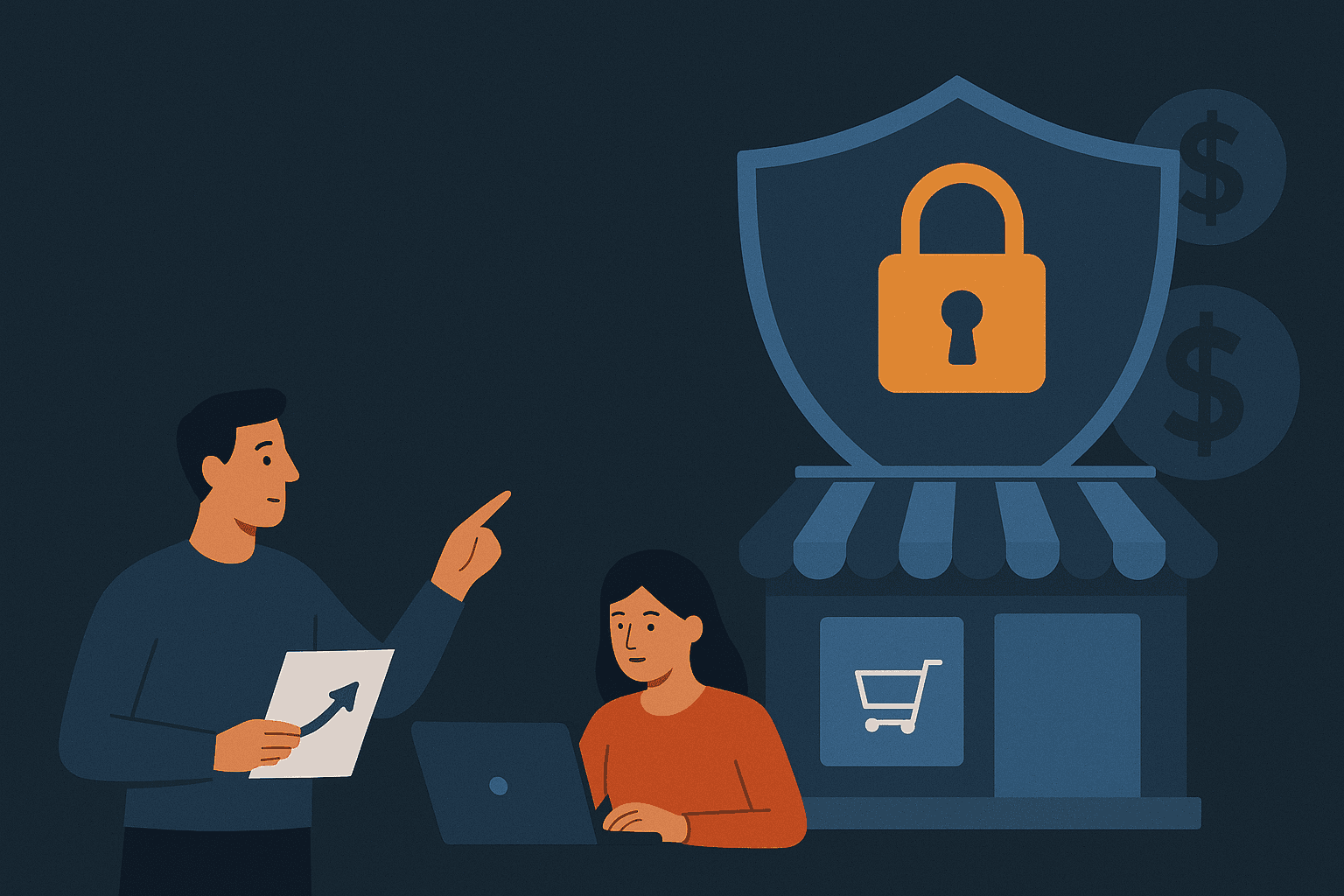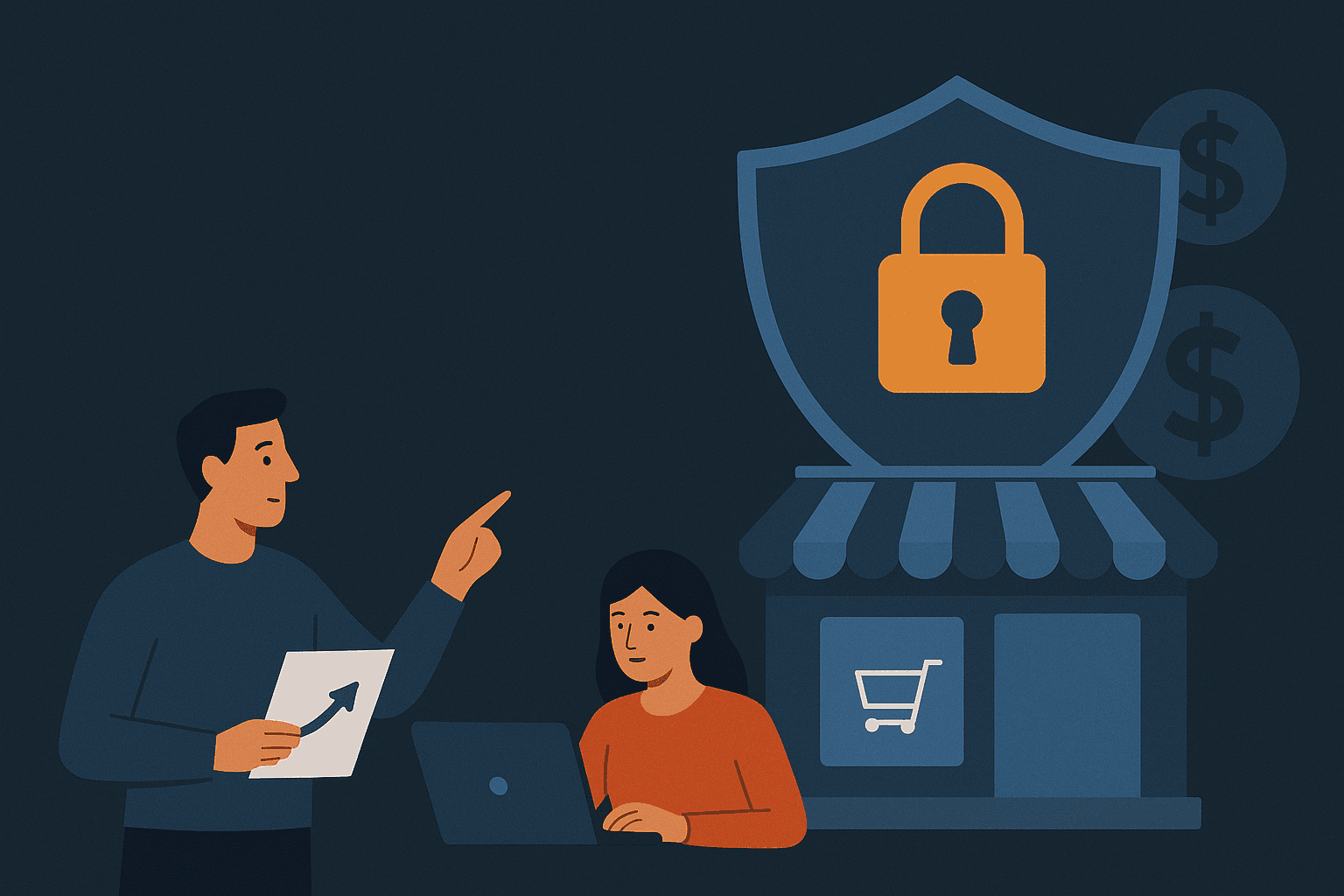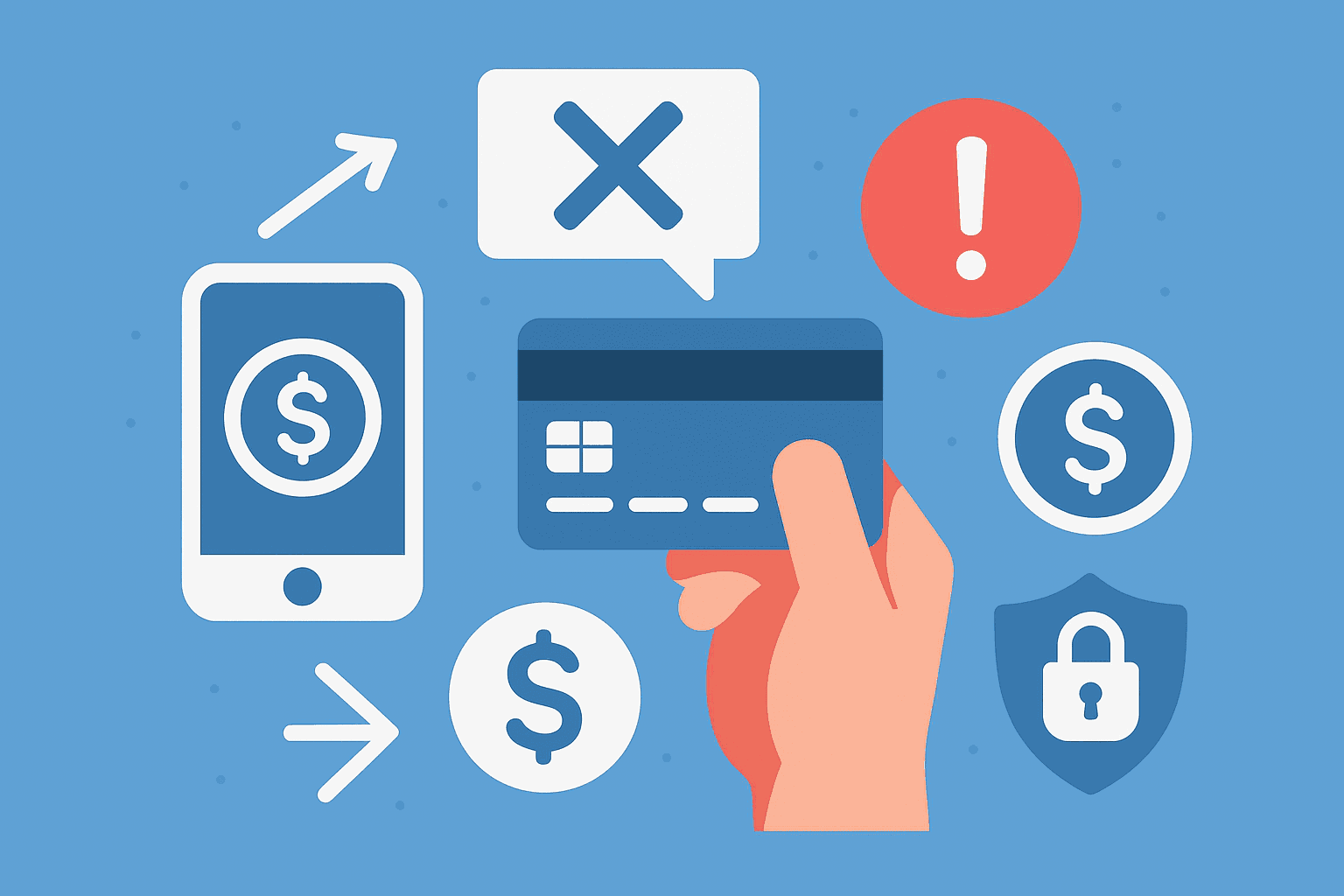Chargebacks in the travel industry: How to prevent them and win disputes

SHARE ARTICLE
Discover why the travel industry is especially vulnerable to chargebacks and how your business can prevent them and successfully respond to disputes.The travel industry is more digital than ever: online bookings, advance payments, cancellations, intermediaries... and with that, a growing wave of chargebacks. If you run an agency, hotel, tour operator, or booking platform, you’ve likely seen the impact: disputed payments that reduce your revenue and increase your costs.In this article, you’ll learn why travel businesses are particularly exposed, what types of chargebacks are most common, and how to prevent and fight them effectively.Why is the travel industry so vulnerable to chargebacks?Several factors make travel a high-risk sector for disputes:- Purchases are made in advance, often weeks or months before the service is delivered.- High transaction values (flights, hotels, vacation packages).- Complex cancellation and refund policies.- Multiple intermediaries involved (agencies, OTAs, marketplaces).- Emotional expectations: when trips don’t go as planned, clients may turn to their bank.All of this creates the perfect environment for abusive or misunderstood chargebacks.Most common types of chargebacks in travelChargeback reasonWhat the customer claimsFraud (unauthorized charge)“I don’t recognize this payment.”Service not received“Hotel was closed”, “Tour didn’t take place”, “No check-in.”Different from what was expected“The room wasn’t as advertised”, “The guide never showed up.”Cancelled with no refund“I cancelled but didn’t get my money back.”Duplicate charge“I was charged twice for the same booking.”How to prevent chargebacks in your travel business1. Make terms and conditions visible- Clearly show your cancellation and refund policy- Provide detailed descriptions of your offer (dates, inclusions, restrictions).- Ensure the customer explicitly accepts your terms at the time of booking2. Strengthen post-booking communication- Send confirmation emails with itinerary, invoice, and terms- If you work with resellers or intermediaries, make sure the end customer receives full information.3. Document everythingStore evidence such as:- Payment confirmation (timestamp, card used, billing info).- Service delivery (check-in records, signed vouchers, photos).- Customer communications (emails, chat, cancellation requests).4. Use fraud prevention toolsEnable 3D Secure, AVS, and strong customer authentication.If you handle high volumes, consider specialized fraud detection systems.How to respond to a chargeback in the travel sectorYou need to prove that the customer authorized the transaction and that the service was delivered as agreed. Some of the most effective evidence includes:- Booking confirmation with customer details and payment method.- Proof of service usage (hotel check-in, tour attendance, ticket scan).- Customer communication that confirms cancellation terms or shows no-show.- Screenshot of terms and conditions accepted during checkout.At Kloutit, we automate this process and tailor responses to the specific chargeback reason and card network (Visa, Mastercard, Amex…)Chargebacks are a growing threat for digital travel businesses. But with the right combination of transparency, documentation, and fast response, you can protect your revenue and reduce losses.If you're handling chargebacks manually or losing disputes, Kloutit helps you automate defense submissions and improve your success rate.
SHARE ARTICLE



